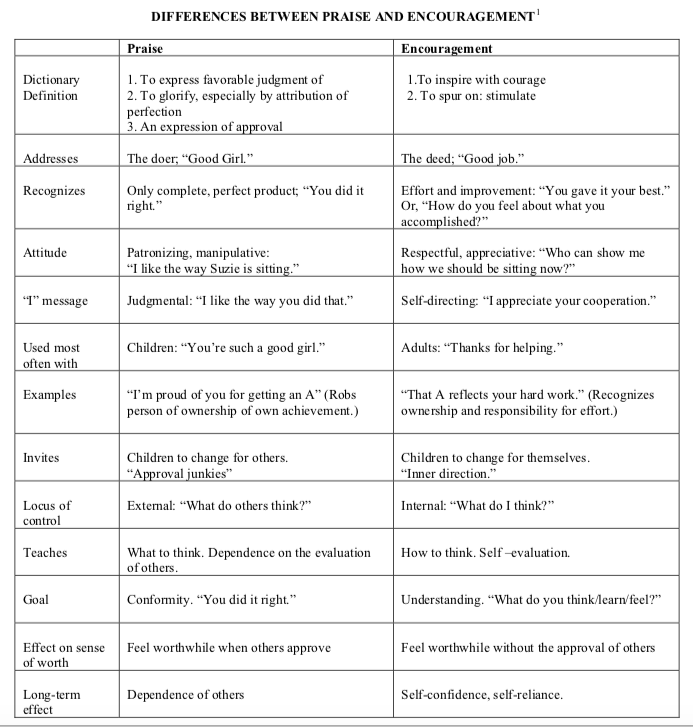“I can’t do this!”
“I’m just not good at math.”
“I don’t know how to draw.”
These kind of thoughts make me want to climb back into bed, throw the covers over my head and admit defeat. Just reading them makes my chest feel heavy. They are full of limitations, negativity and lost potential. Yet, I hear these kind of thoughts spoken every day. I even think these types of thoughts every day. We all do. We define ourselves as good at this and not good at that. We label ourselves as artists, mathematicians, readers, athletes, etc, which can preclude all the other things we can be and do. The children do it, too. This is called fixed mindset. A fixed mindset is when one sees intelligence, skills and talent as fixed.
Our job as educators and parents is to help the children (and ourselves) transition to a growth mindset. Growth mindset is when one sees intelligence, skills and talent as malleable. Growth mindset is based on the science of neuroplasticity—the ability for the brain to change and create new neural pathways over a person’s life.
To start, it can be as simple as one word: yet.
“I can’t do this…yet.”
“I’m just not good at math…yet.”
“I don’t know how to draw…yet.”
Compare these phrases to those at the beginning and you notice they are full of potential, light and hope. There is room for growth.
The best part about it, growth is possible! Ability or IQ only account for 25% of a person’s achievement. The other 75% comes from non-cognitive factors such as perseverance, optimism, grit, resiliency, comfort with intellectual tension, coping skills for error and failure and the ability to reflect on critique and feedback in positive ways.
These non-cognitive factors can be cultivated, developed and grown. We do this every day in our Montessori classrooms. We see every child through the lens of potentials and possibilities. We offer the children appropriate challenge—a task that is just beyond their reach, but that occurs before frustration. Once given the tools, they are allowed to struggle and even fail. Through failure they develop perseverance.
We also set process goals with the children. Instead of focusing on getting 100% on a test or finishing ten math problems, process goals highlight a skill to be developed. For instance, a student may make a goal to ask a question when feeling confused, or meet with the teacher every week, or practice fraction subtraction with uncommon denominators every day until they are comfortable with the process.
In our classrooms the students work toward mastery, not a grade. The journey and effort are just as important as demonstrating the skill—if not more! Each child is able to practice the content with which they struggle and progress at their own pace.
We are also very careful to praise the child’s process rather than their product. Fixed mindset praise like “Wow! You did the algebraic trinomial cube! You’re so smart” leads children to be risk adverse. They begin to associate their value with something the phrasing makes them believe they cannot change or control. I am smart or I am not smart.
Instead, imagine saying, “Wow! You did the algebraic trinomial cube! You must have really worked hard to complete that.” This shift is transformational. Here we are praising the effort.
Our brains are like a muscle. We need to work and struggle to get stronger/smarter, to build new neuro-pathways. This is true of developing a growth mindset as well. We need to practice transforming our thoughts and our words from “I can’t” to “not yet.”
“But growth mindset is difficult! It’s too hard.”
Growth mindset is hard. And you can do hard things. Remember, practice makes progress.
****
If you’d like to explore further resources, enjoy:
Praise and Mindset youtube video by Carol Dweck’s (5 minutes)
Stuck on an Escalator video illustrating fixed mindset which can lead to a discussion on what to do when feeling stuck (2 minutes)
Grit by Angela Duckworth
Mindset for Parents by Mary Cay Ricci

